
Recommendation
Psychological researcher Marc Wittmann surveys scientific findings on the subjective experience of time. He focuses on such questions as: How long is a present moment? How does the brain synthesize a series of discrete moments into a continuous flow? Why does time appear to move faster and slower in different situations? Wittmann points out that research suggests an intimate connection between self-awareness and time’s apparent pace. Time flies when you lose awareness of yourself, say at a concert, but when you are stuck on hold, time drags as you focus on yourself and your unfortunate situation. Wittmann offers fascinating, provocative findings, but he organizes his material loosely, so he doesn’t quite wrap it all up in an obvious overarching theme, except perhaps advocating awareness as a way to keep your life from seeming to fly by. His synthesis of research will appeal to artists, communicators and all those who want to align their messages with the rhythms of human awareness.
Summary
About the Author
Marc Wittmann is a research fellow at Germany’s Institute for Frontier Areas of Psychology and Mental Health.





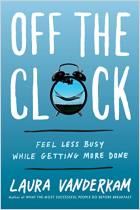
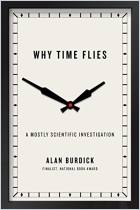
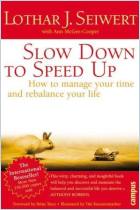

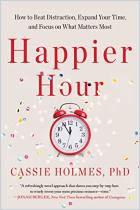
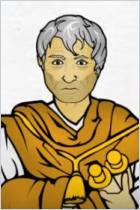




Comment on this summary